What Would Happen If You Didn’t Drink Water?
What’s more refreshing than a glass of water on a hot summer day? But have you ever wondered what would happen if you didn’t quench that thirst? What would happen if you didn’t drink water? Without water, your body could only hold up for about 3 days, following the wilderness “rule of 3”, which states that a person can survive for 3 minutes without air, 3 days without water, and 3 weeks without food.
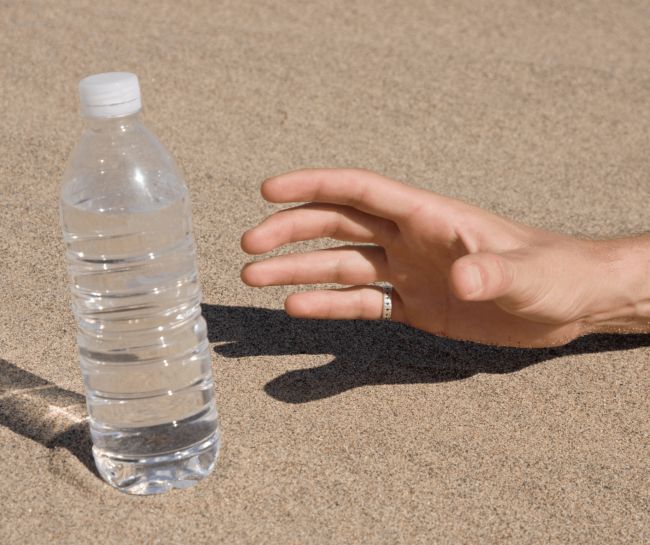
5-Day Timeline of What Would Happen If You Didn’t Drink Water
So it makes us wonder, what would happen if you didn’t drink water for more than 3 days? Let’s take a look!
1. Day 1 Without Water
Ever had one of those whirlwind days where water just slips your mind? You race through the morning, armed with coffee. You dash to work, and before you know it, the only liquid you’ve had all day is a bottle of soda.

But then you notice something’s off. You’re feeling a little like a car running on fumes. That’s your body starting its journey into the land of dehydration. First stop? A dry mouth that makes you yearn for a sip of water.
Then, you might hit a speed bump called fatigue. Small tasks start to feel insanely difficult, and there’s this pesky headache you can’t seem to shake off. Here’s a fun fact: your brain is about 75% water and it isn’t thrilled at being left out to dry.
As the day goes on, your patience might wear thin and focusing becomes a chore. Did you know that water helps carry oxygen to your cells which makes your brain work better? That’s why dehydration can make you a little grumpy and slow.
And by the end of the day, if you’ve been on the run a lot or the weather’s really hot, you might experience dizziness, or in extreme cases, fainting. Water helps regulate your body temperature, so without enough of it, you can overheat.
Sure, you can pull off a day without water, but it’s not exactly a joy ride. While some folks undertake 24-hour fasting for spiritual or dietary reasons, remember, we’re made of water – about 60-70%.
Hydration hacks
A good goal to aim for is about 8 glasses a day. And here are a few hydration hacks.
Maintain a steady friendship with a water bottle and nurture the habit of sipping throughout the day. If you’re a digital warrior, battling tasks on your laptop all day long, cultivate a reflex to reach for water whenever your focus starts to waver or when you feel the need to open YouTube and procrastinate on your tasks. Drinking water can serve as a refreshing productivity hack!
Eat lots of water-rich fruits and veggies, like watermelon, cantaloupe, grapes, strawberries, apples, lettuce, celery, cucumbers, broccoli etc. They will also help you keep hydrated.
Keep in mind that drinks like coffee and alcohol can subtly dehydrate you. So, for every cup of coffee your drink, chug a generous glass of water
So going one day without water is not that much of a big deal. But going 2 days without water….well, this is where things start to get serious.
2. Day 2 Without Water
Venturing into the second day without water, things get tougher. The morning might welcome you with a significant headache, an unpleasant reminder of your body’s need for hydration. You might notice your urine turning a darker shade, a result of your body struggling to process waste without enough water.
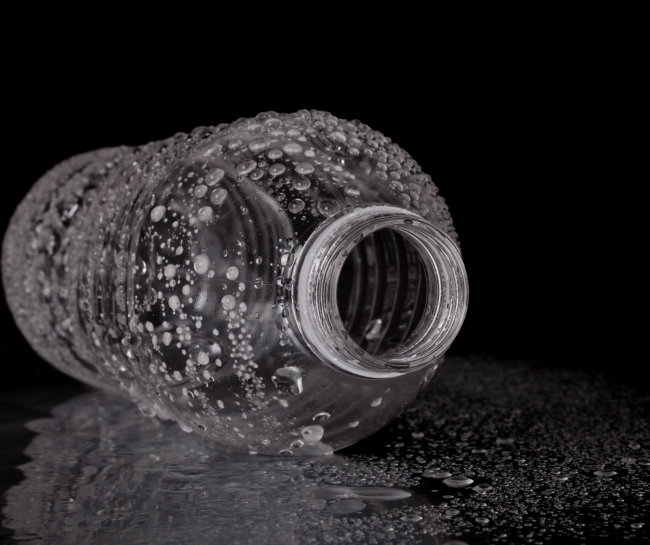
Your kidneys, those vital filtration units, would be under strain. And while you’re not yet at risk of kidney failure, it’s a surefire direction you don’t want to steer towards.
Moreover, you’ll experience escalating fatigue, and a sense of dryness affecting your eyes and skin. Remember, while our bodies can compensate for lack of food to some extent, there’s no built-in workaround for dehydration.
So, the symptoms of dehydration begin to accelerate and become almost unbearable: thirst, dry skin, and dizziness. Over time, these can progress to confusion, a racing heart, and even organ failure. Dehydration is not a trivial matter; in hot climates, it can quickly turn life-threatening.
Moreover, body temperature regulation can go awry, electrolyte balance gets disrupted, and joint function might decline. Even your brain could experience swelling, and your blood pressure might become unstable.
3. Day 3 Without Water
Now you might protest “Yeah, yeah, I’ve had days in a row in which I’ve forgotten to drink water, but I was fine”. Well, you probably have to thank the secret lifesavers – fruits and vegetables – for that. Yes, they do gift us some water, but they’re like sidekicks, not superheroes. They can’t pull off the hydration gig solo. In fact, doctors can even tell if you’re trying to cheat your hydration when you go in for blood tests. Not fooling anyone there!
Here’s a fun fact from history. Back in 1944, two brave scientists decided to test human endurance by not drinking water while sticking to a dry but nutrient-rich diet. Spoiler alert – it wasn’t a week-long party. One soldiered on for three days, the other, a slightly more stubborn character, made it to four. They had to call it quits after that. A glaring reminder of our body’s non-negotiable need for water!
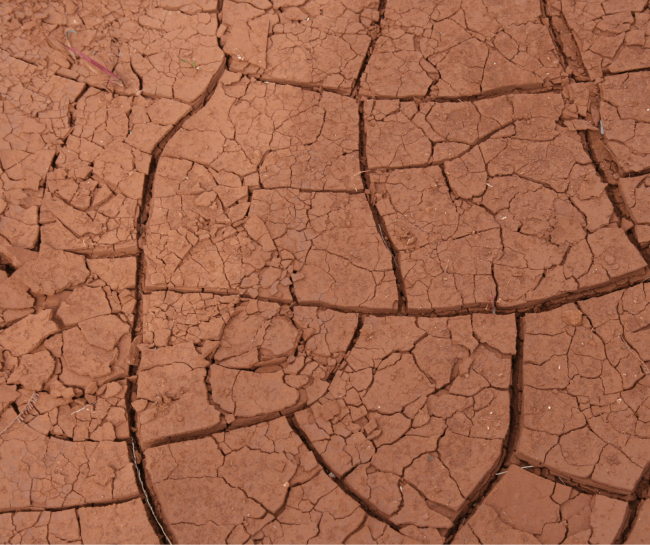
So, by day three without water, you’d be in for a ride, and not the fun kind. Your mouth and throat would feel like the desert sands, swallowing could become a challenge, and your skin and eyes might start to resemble parched land.
You’d be feeling exhausted as your body fights to keep the show running. Urination would become less frequent, and painful and your urine, a dark tale of extreme concentration. Your brain, not a fan of droughts, could stage a rebellion with confusion, hallucinations, and trouble focusing.
Your heartbeat might pick up the pace, with your breathing following suit. And your organs could begin to fail, starting with your kidneys.
Muscle cramps are on the way!
Watch out for muscle cramps, in particular. Water helps maintain the balance of electrolytes (minerals like sodium, potassium, calcium, and magnesium) in your body, which are crucial for muscle function. When you’re dehydrated, these electrolytes can become imbalanced. For example, low levels of calcium and magnesium can lead to muscle cramps because these minerals are essential for muscle contraction and relaxation. Similarly, low levels of potassium can cause muscle weakness and cramping. Dehydration can also lead to reduced blood volume, and therefore, less blood flow to the muscles. This reduced blood flow can cause muscle cramps because the muscles are not getting the oxygen and nutrients they need to function properly.
Remember though, these effects vary from person to person, influenced by factors like health status, environment, and activity levels. The bottom line is, three days without water is pretty much walking on thin ice. Hydration is key – don’t forget it!
4. Day 4 Without Water
Ok, now we’re into severe dehydration territory.
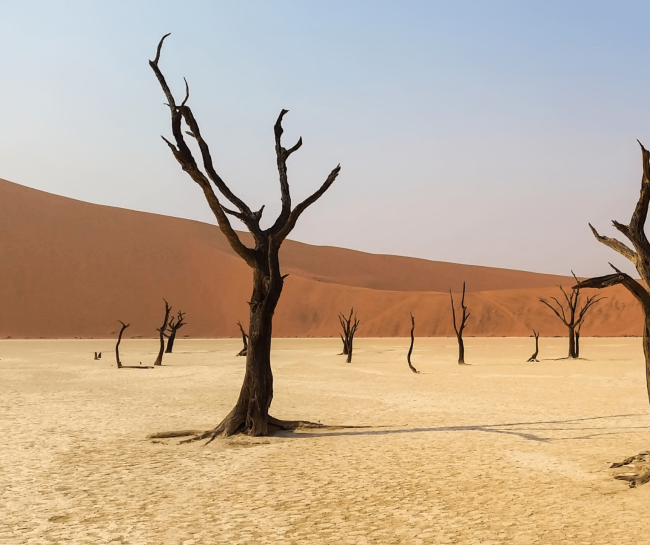
With your body’s water and electrolyte levels plummeting alarmingly, the stage is set for a series of distressing events.
A key function that’s immediately affected is your body’s ability to maintain blood pressure. This happens because your electrolyte reserves run dry. These vital minerals help blood vessel contract and relax. Without them, your vessels struggle, leading to a drop in blood pressure.
Furthermore, a compromised blood flow to the brain translates to a deficiency of oxygen and nutrients, thereby leading to extreme confusion and dizziness. And let’s not forget – the brain itself is about 75% water. Dehydration can cause it to shrink, impairing its functionality and further exacerbating confusion and dizziness.
That’s not all – your organs, already wrestling with water deprivation, are now on the verge of functional collapse.
Consider your kidneys, for instance. Already under strain from the get-go, they’re now being bombarded with cellular waste they can no longer efficiently eliminate. The outcome? A buildup that leads to either unbearable pain while urinating, or, in a worse scenario, a complete inability to urinate.
The harsh effects of water deprivation aren’t restricted to your kidneys alone. Your digestive system bears the brunt too, with blockages in the digestive tract being a distressing possibility. In some severe cases, surgical intervention might even become necessary. With moisture levels hitting rock bottom, the tissues of organs like the intestines and kidneys face the grim prospect of death.
The woes of dehydration also affect your heart. With dwindling electrolytes levels, your heart’s ability to pump blood effectively is impaired. Your body’s natural response to the situation is to hike up the heart rate to compensate for the dehydration. So, the combination of low blood volume and low blood pressure causes your heart to work overtime.
5. Day 5 Without Water
If you don’t consume water in any form for five days, it’s very likely that you could die.
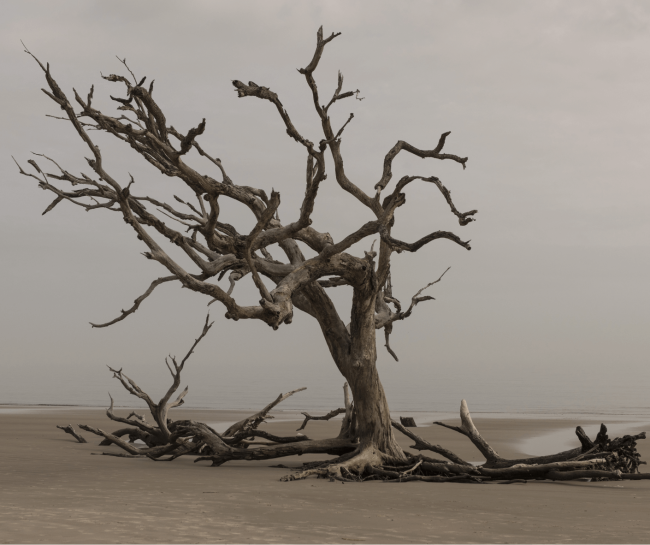
By the fifth day without water, your body is very dehydrated. Your organs start to shut down, and you can’t work as you normally would. You would feel really thirsty, have a dry mouth, feel dizzy and confused, have muscle cramps, a very fast heartbeat, low blood pressure, seizures, and possibly fall into a coma.
It’s really important that you get help from a doctor at this stage. Severe dehydration is dangerous, and it can lead to death if it’s not treated.
Here’s what could further happen to your body on the 5th day without water:
Your brain might shrink. Your brain is about 75% water, and when you don’t have enough water, your brain might shrink. This can make you feel confused and disoriented.
Your kidneys could fail. Your kidneys clean waste products out of your blood. When you’re dehydrated, your kidneys can’t do their job properly, which could lead to harmful toxins building up in your blood.
Your heart could stop working properly. Remember when we were talking about electrolytes and muscle cramps? Well, your heart is a muscle, too. It needs water to work properly. When you’re dehydrated, your heart can’t pump blood effectively.
Your lungs could stop working properly. Your lungs bring oxygen into your body and remove carbon dioxide. When you’re dehydrated, your lungs can’t do their job properly, which could cause breathing problems.
Extreme dehydration also poses the risk of seizures. This arises from the damaging effects of low electrolyte levels on brain function and the significant shrinkage of the brain due to dehydration. Low blood pressure makes things worse, amplifying the risk of seizures.
Without question, extreme dehydration is a serious medical emergency.
6. The Absolute Record is 18 Days Without Water
We believe that beyond 5 days without water in any form (fruits, juices, vegetables etc.) lies a grim fate- death. So, there’s no point in advancing forward.
However, it’s worth noting that this timeline we described here can vary greatly depending on factors such as a person’s health status, environment temperature, physical activity level etc. In extreme heat, a person could succumb to dehydration in less time. On the contrary, in cooler temperatures, the body might endure a bit longer.
That is why, there are several historical records that could truly challenge our understanding of the human body’s limits.
One such record involves an 18-year-old Austrian boy named Andreas Mihavecz who was accidentally locked in a holding cell at the police station in Graz, Austria, for 18 days.
It was the year 1979 and Andreas had been arrested for petty theft and put into a temporary cell with the intention to be transferred the next day. However, he was accidentally forgotten in that basement holding cell. Imagine that!
18 days later, an officer who had unrelated business in the basement found Andreas lying on the floor of his cell, covered in his own urine and feces. His body temperature was dangerously low – 93 degrees Fahrenheit (34 degrees Celsius). He was rushed to the hospital where doctors found his blood was so thick it was difficult to draw a blood sample, and he had lost a significant amount of weight. But he made a full recovery. Can you believe that?
But how did he pull that one off?
Some theories claim that he was able to conserve water by reducing his body temperature. The fact that he was locked in a cool basement might have also helped. Other theories claim that he was able to extract water from his own tissues.
Either way, he was one lucky fella’!
But don’t you rely on luck when it comes to hydration! Keep that bottle of water close to you and sip on it all day long. Your body will thank you for it.
